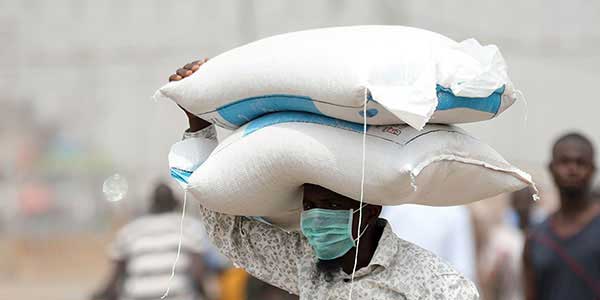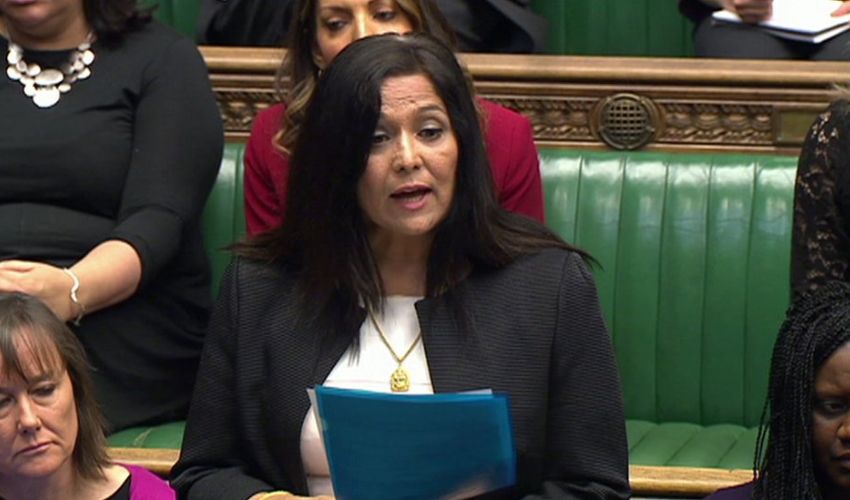The African Development Bank (AfDB) has reported that its initiatives spanning over 30 African countries have contributed to a significant $12 billion worth of food production.
AfDB President Akinwumi Adesina revealed that the bank's ambitious objective of $25 billion is "well on track" in addressing food security in Africa.
Adesina emphasised the importance of technology and financing at scale in eradicating food security concerns, stating, "As far as I'm concerned, we shouldn't be talking about food security in Africa more than five years from now. There's no reason for it. We have the technology and the financing to do it at scale."
Global food markets faced disruptions due to Russia's invasion of Ukraine in February 2022, impacting food supplies, particularly for vulnerable nations, including many in Africa. The emergence of the El Nino weather pattern and challenges with transporting Ukrainian food through the Black Sea further exacerbated global food security issues.
Adesina highlighted the success of special agro-industrial processing zones, which are expanding across Africa, specifically in Nigeria, where they could extend from covering eight states to 35 following recent requests. These zones are designed for infrastructure investments and provide opportunities for food and agribusiness companies to operate.
Adesina revealed, "Twenty-seven more states in Nigeria made a request to us to continue to support them in this particular area."
The AfDB has underscored the impact of undernutrition and stunting on 216 million children in Africa, with poor nutrition linked to nearly half of child deaths on the continent. Additionally, the economic cost of inadequate nutrition is estimated at 11% of Africa's gross domestic product.
Adesina anticipates that the International Monetary Fund (IMF) board will advance plans to allocate $100 billion in lending to vulnerable countries through multilateral development banks before the global climate talks in Dubai in late November. He emphasised the leverage capacity of the AfDB, where a $20 billion allocation could translate into up to $80 billion for Africa.
Regarding a hybrid note issuance, Adesina mentioned that investor calls have begun with a positive response. S&P Global, which rated the notes AA-minus compared to the bank's AAA rating, anticipates an issuance between $250 million and $1 billion, contingent on market conditions. Pricing for the note is expected soon.
While Adesina did not specify an amount, he emphasised the need for recapitalizing the AfDB, aiming to become a $100 billion lender. The bank's lending portfolio ended 2022 at $27.5 billion, with ambitions aligned with shareholder support to reach new heights.



























